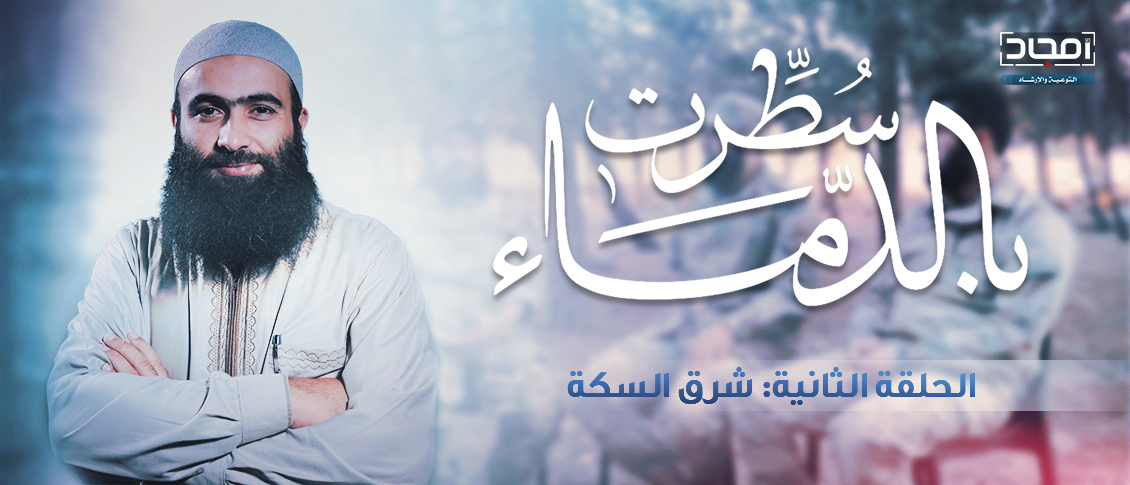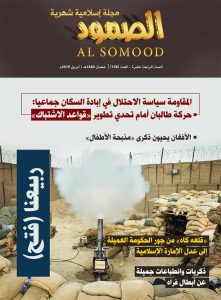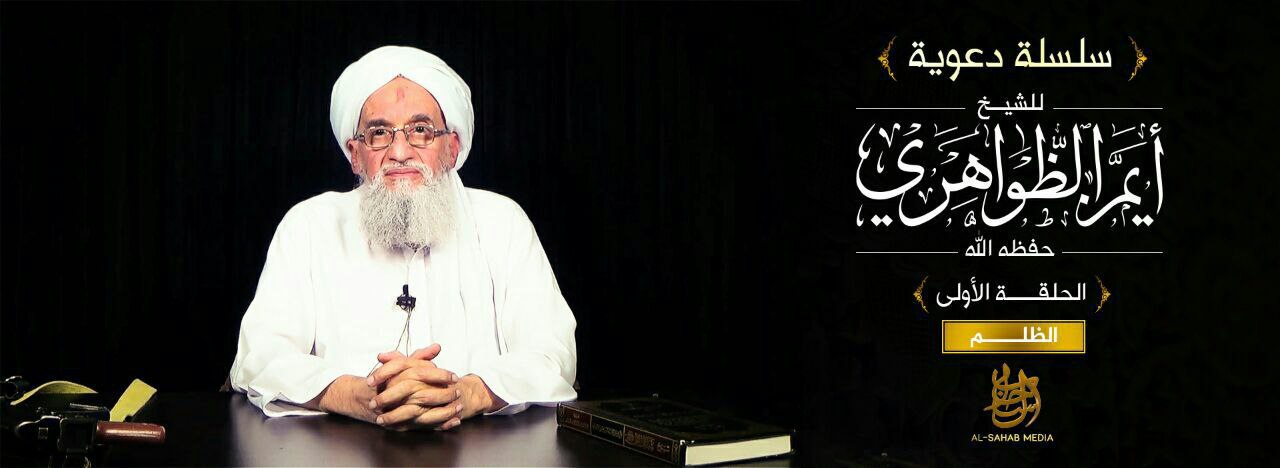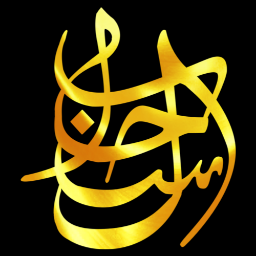For prior parts in this video series see: #2 and #1.
—

_____________
To inquire about a translation for this video message for a fee email: [email protected]
For prior parts in this video series see: #2 and #1.
—

_____________
To inquire about a translation for this video message for a fee email: [email protected]
Click here for the first part.
—

_________________
To inquire about a translation for this video message for a fee email: [email protected]For prior issues in this magazine see: #157, #156, #155, #154, #153, #152, #151, #150, #149, #148, #147, #146, #145, #144, #143, #142, #141, #140, #139, #138, #137, #136, #135, #134, #133, #132, #131, #130, #129, #128, #127, #126, #125, #124, #123, #122, #121,#120, #119,#118,#117,#116,#115,#114, #113, #112, #111, #110, #109, #108, #107, #106, #105, #104, #103,#102,#101,#100,#99, #98, #97, #96,#95, #94, #93, #92,#91, #90, #89, #88, #87, #86, #85, #84, #83, #82, #81, #80, #79, #78, #77, #76, #75, #74, #73, #72, #71, #70, #69, #68, #67, #66, #65, #64, #63, #62, #61, #60, #59, #58, #57, #56, #53, and #51.
—

Click the following link for a safe PDF copy: Islamic Emirate of Afghanistan — al-Ṣamūd Magazine #158
________________
To inquire about a translation for this magazine issue for a fee email: [email protected]
Yesterday, the Islamic State claimed responsibility for its first attacks in the Democratic Republic of Congo. In one of the claims, IS states that these attacks occurred within its so-called ‘Wilayat Wasat Ifriqiya’ (Mid/Central Africa). Wassim Nasr notes that Abu Bakr al-Baghdadi has talked about this ‘wilayah’ previously in his August 22, 2018 speech. Interestingly, in al-Baghdadi’s speech following the announcement of IS’s self-proclaimed Caliphate in July 2014, he mentions the Central African Republic, but not the Democratic Republic of Congo. CAR has been a topic jihadis in general have discussed more so than DRC historically.
As Caleb Weiss highlights however, there is a history of connections between IS and some militant groups in the country. Since this is such an under-covered phenomenon, I thought it would be useful to share resources related to this topic to help contextualize and better understand it based on content I have saved over the years. It is not a ton, but better than nothing. If anyone wants to add anything to the following dossier let me know and I will post it so there is a fuller picture. From oldest to most recent.
—
January 17, 2013:
Authorities on alert after al-Shabaab, Ugandan militants join forces
July 1, 2014:
U.S. imposes sanctions on Islamist group in Congo for targeting children
January 9, 2015:
February 19, 2015:
New insights on Congo’s Islamist rebels – The Washington Post
May 11, 2015:
Congo seeks extradition of Islamist rebel chief from Tanzania – Reuters
September 27, 2016:
Jihadis in Congo? Probably not
December 26, 2016:
Rebels Blamed for Killing 25 With Machetes in Congo
December 8, 2017:
Islamist attack kills at least 15 UN peacekeepers and five soldiers in DRC – The Guardian
February 23, 2018:
Congo Army gruesomely destroys base of Islamist rebel group – Business Insider
May 24, 2018:
AU confirms ISIS infiltration in countries, including Somalia – Shabelle
July 31, 2018:
The Islamic State in East Africa
November 2, 2018:
Violence and Viruses_ How a Poorly Armed Insurgency in the Congo Poses a Global Threat – Jamestown
November 14, 2018:
Inside the ADF Rebellion A Glimpse into the Life and Operations of a Secretive Jihadi Armed Group
November 15, 2018:
Financier of Islamic State paid money to rebel group in eastern Congo: report – Reuters
November 24, 2018:
U.S. says receives credible terrorist threat against facilities in Congo – Reuters
December 3, 2018:
Threat from Islamic State-Affiliated Group Reason DRC US Embassy Closed
December 4, 2018:
The tentative ties between the Allied Democratic Forces and ISIS
December 7, 2018:
Militants kill at least 18 civilians in Congo’s Ebola zone – Reuters
February 9, 2019:
April 18, 2019:
Islamic State claims attack in the Democratic Republic of the Congo – FDD’s Long War Journal
Islamic State claims:



Monday April 15:
The Treachery of Images: Visualizing “Statehood” as a Tactic for the Legitimization of Non-State Actors – Aaron Anfinson, Terrorism and Political Violence: https://bit.ly/2XqRFrg
Tuesday April 16:
Religious Extremism, Religiosity and Sympathy toward the Taliban among Students across Madrassas and Worldly Education Schools in Pakistan – Saba Hanif, Majid Hassan Ali, and Faiza Shaheen, Terrorism and Political Violence: https://bit.ly/2Gp52kP
Is there an Islamist advantage at war? – Marc Lynch, APSA MENA Politics Newsletter: https://bit.ly/2XqsMfm
The marginalization of Iraqi Islamists in political science – David Siddhartha Patel, APSA MENA Politics Newsletter: https://bit.ly/2Iv8eyZ
Prison and Violent Political Extremism in the United States – Gary LaFree, Bo Jiang, and Lauren C. Porter, Journal of Quantitative Criminology: https://bit.ly/2Vgmrq0
Wednesday April 17:
Militant Islam in Southeast Asia: New Insights into Jihad in Indonesia, Malaysia and the Philippines – Kirsten E Schulze and Julie Chernov Hwang, Contemporary Southeast Asia: https://bit.ly/2VFet9B
Dakwah before Jihad: Understanding the Behaviour of Jemaah Islamiyah – Julie Chernov Hwang, Contemporary Southeast Asia: https://bit.ly/2WuWQXj
From Ambon to Poso: Comparative and Evolutionary Aspects of Local Jihad in Indonesia – Kirsten E Schulze, Contemporary Southeast Asia: https://bit.ly/2LpzcKv
Apocalyptic Thought, Conspiracism and Jihad in Indonesia – Greg Fealy, Contemporary Southeast Asia: https://bit.ly/2IPiZfr
The Sound of Silence: Nuancing Religiopolitical Legitimacy and Conceptualizing the Appeal of ISIS in Malaysia – Joseph Chinyong Liow and Aida Arosoaie, Contemporary Southeast Asia: https://bit.ly/2IYOHGB
Cells, Factions and Suicide Operatives: The Fragmentation of Militant Islamism in the Philippines Post-Marawi – Quinton Temby, Contemporary Southeast Asia: https://bit.ly/2IPG1Ts
Friday April 19:
Insurrections djihadistes en Afrique de l’Ouest : idéologie mondiale, contexte local, motivations individuelles – Yahaya Ibrahim Ibrahim, Hérodote: https://bit.ly/2XtC1v5
The Islamic State, Democratic Republic of Congo, and Militancy Over the Past Decade – Aaron Y. Zelin, Jihadology: https://bit.ly/2UPZR2M
Click here for the first part of this video series.
—

_______________
To inquire about a translation for this video message for a fee email: [email protected]

But even with this policy, over thirty Kabul administration peace council and other officials were accommodated in the Qatar conference and majority of the list was comprised of current and former members and supporters of the Kabul administration partaking in a personal capacity whereas only twenty five members of the Islamic Emirate were to be part of the conference. Yet the Kabul administration still insisted on a 250 member lopsided list which was an inappropriate undertaking.
5 – The Islamic Emirate of Afghanistan reassures its oppressed nation and the world that the Islamic Emirate has made use of absolute patience. The Political Office and Negotiation Team headed by the respected Mullah Baradar Akhund worked day and night, exercised self-restraint and showed flexibility in policy to the highest level; but since Kabul administration officials and secret circles created obstacles for this effort therefore its responsibility also falls upon their shoulders. The Help of Allah and support of nation shall remain with us and the enemies of peace shall themselves come to understand that they miscalculated and were wrong. 6 – In the end we thank all individuals and parties especially the distinguished Qatari officials, officials of Center for Conflict and Humanitarian Studies and sincere peace activities inside the country who aided in this process and tried their best till the very end, may Allah (SwT) reward them for their efforts, specifically those who prepared themselves for the conference. Those eminent personalities who went to Kabul from adjacent provinces and some who even arrived at Doha, we show our utmost appreciation for all their efforts and hope for further resolve in their future efforts. The Islamic Emirate shall continue its legitimate struggle until true peace prevails and an intra-Afghan Islamic system is established, Allah willing.Spokesman of Islamic Emirate of Afghanistan
Zabihullah Mujahid
______________
Source: Telegram

_________________
To inquire about a translation for this video message for a fee email: [email protected]
For prior parts see: #177, #176, #175, #174, #173, #172, #171, #170, #169, #168, #167, #166, #165, #164, #163, #162, #161, #160, #159, #158, #157, #156, #155, #154, #153, #152, #151, #150, #149, #148, #147, #146, #145, #144, #143, #142, #141, #140, #139, #138, #137, #136, #135, #134, #133, #132, #131, #130, #129, #128, #127, #126, #125, #124, #123, #122, #121, #120, #119, #118, #117, #116, #115, #114, #113, #112, #111, #110, #109, #108, #107, #106, #105, #104, #103, #102, #101, #100, #99, #98, #97, #96, #95, #94, #93, #92, #91, #90, #89, #88, #87, #86, #85, #84, #83, #82, #81, #80, #79, #78, #77, #76, #75, #74, #73, #72, #71, #70, #69, #68, #67, #66, #65, #64, #63, #62, #61, #60, #59, #58, #57, #56, #55, #54, #53, #52, #51, #50, #49, #48, #47, #46, #45, #44, #43, #42, #41, #40, #39, #38, #37, #36, #35, #34, #33, #32, #31, #30, #29, #28, #27, #26, #25, #24, #23, #22, #21, #20, #19, #18, #17, #16, #15, #14, #13, #12, #11, #10, #9, #8, #7, #6, #5, #4, #3, #2, and #1.
—

Click the following link for a safe PDF copy: The Islamic State — al-Nabā’ Newsletter #178
______________
To inquire about a translation for this newsletter issue for a fee email: [email protected]

Click the following link for a safe PDF copy: al-Qā’idah’s General Command — Support and Guidance to Our People in Algeria, Sudan, Tunisia, Libya, Egypt and Morocco
__________________
Source: Telegram
To inquire about a translation for this statement for a fee email: [email protected]